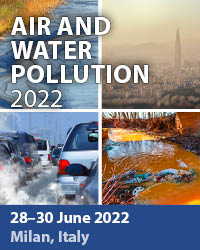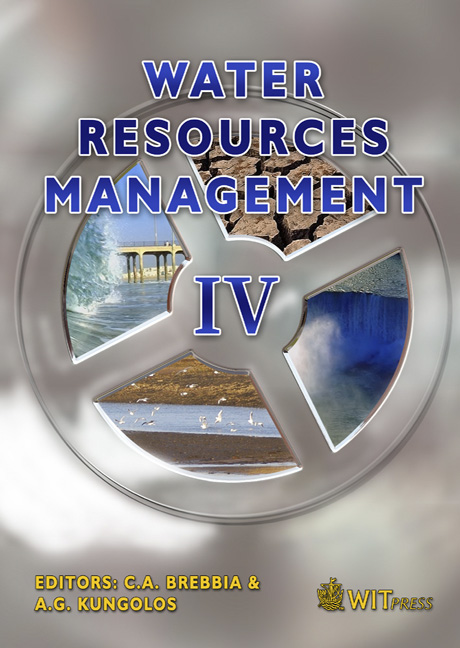Drought Risk Management In The Mediterranean Under The Water Framework Directive – The Example Of Algarve (Portugal)
Price
Free (open access)
Transaction
Volume
103
Pages
10
Published
2007
Size
355 kb
Paper DOI
10.2495/WRM070091
Copyright
WIT Press
Author(s)
A. Do Ó
Abstract
Recent experience and developments on drought knowledge are encouraging modern societies to shift from a traditional crisis-based management to a risk management approach. In southern Portugal, new EU legislation (and namely the Water Framework Directive) has set the framework for several policies and juridical tools covering drought and water scarcity issues, now driven by the principles of integrated and sustainable use of water resources. This paper aims to assess the role and effectiveness of all major legal tools covering drought risk management and drought impact mitigation, as well as their level of integration and coordination. The tools currently enforced in the region that were thoroughly analysed were the National Water Plan, two River Basin Plans (Guadiana River and Algarve Streams), the 1998 Portuguese- Spanish Convention on the use of shared waters, the ad-hoc Commission for Drought 2005, and several activity regulations, namely on domestic water supply and agricultural irrigation. Results point out the dispersion and lack of coordination within this wide range of legal instruments, especially under scarcity conditions as occurred in 2004 and 2005, calling for improved linkages between such tools under an integrated regional drought plan. Such plan should be consistent with the Water Framework Directive, integrating resources, policies and institutions, and elaborated in close collaboration with the neighbouring Iberian water regions. Keywords: drought plans, risk management, mitigation policies, Algarve.
Keywords
drought plans, risk management, mitigation policies, Algarve.





